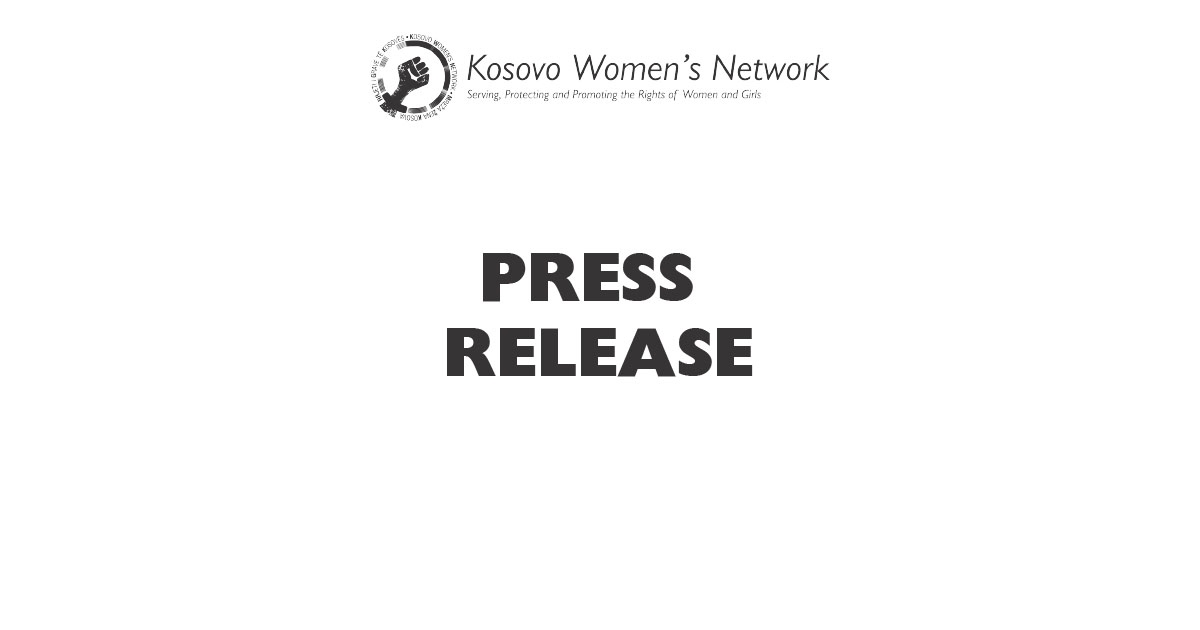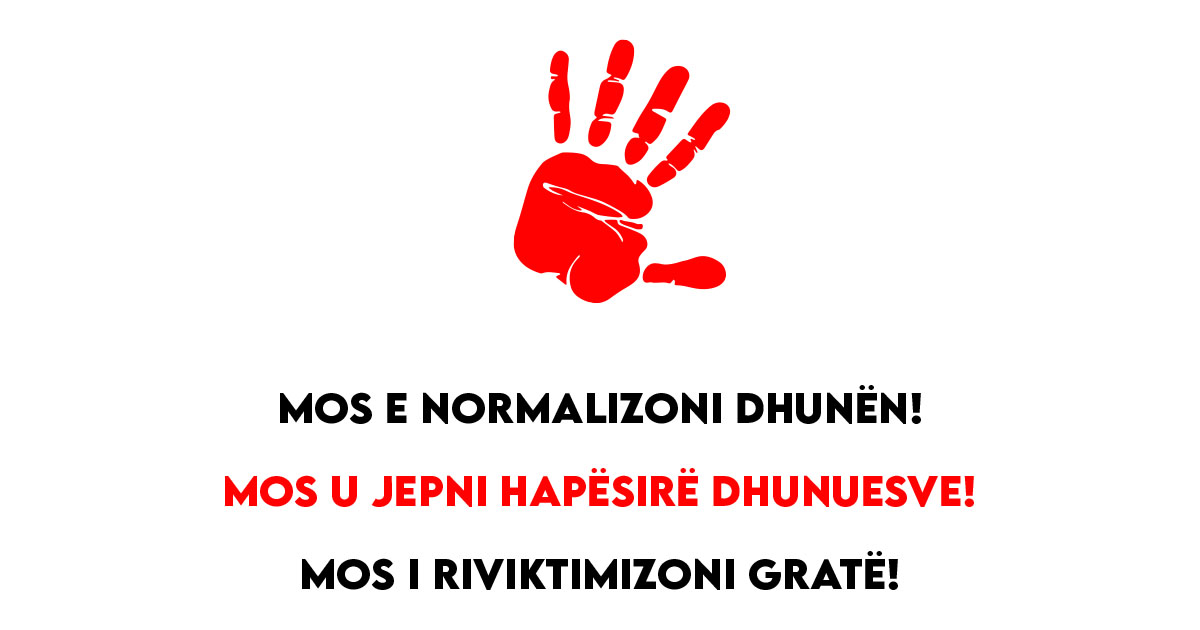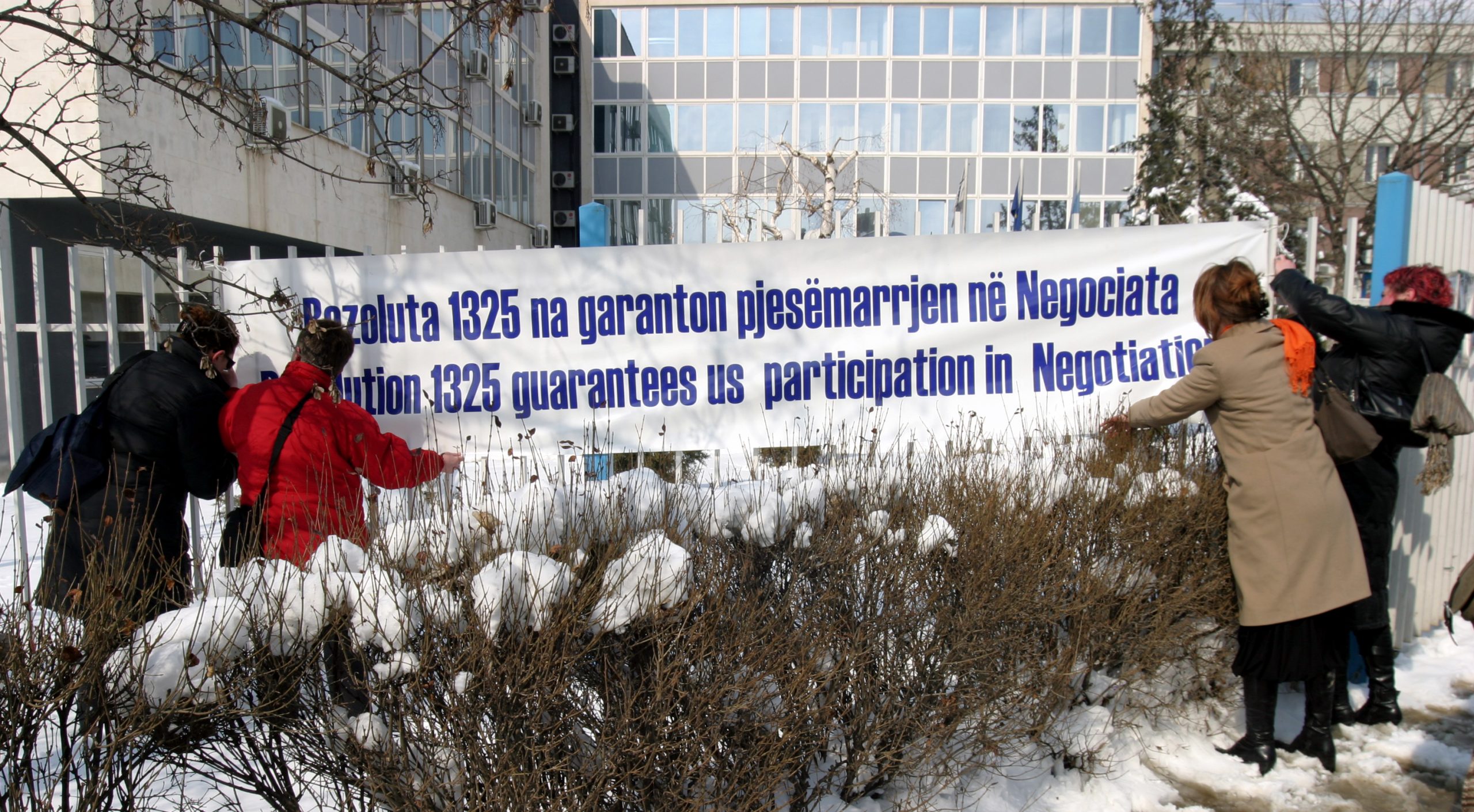Today, December 12, Kosovo Women’s Network (KWN) held its 18th Members Annual Meeting.
Although this meeting was held virtually through the Zoom platform, many representatives of member organizations, partners, friends, colleagues and supporters of KWN work and activism were present.
Ariana Qosaj-Mustafa, Chair of the KWN Board, made the opening remarks and expressed satisfaction and pride for this meeting and KWN achievements in 2020.
“We have never held the Annual Membership Meeting in these conditions, but I believe that we will still have a good and productive time. I welcome you and thank all the supporters of the KWN mission and member organizations.” said Qosaj-Mustafa.
KWN’s work and contribution was also highly praised by Edi Gusia, Chief Executive Officer of the Agency for Gender Equality (AGE).
“Thank you for giving me the opportunity to join the Network’s 18th Annual Membership Meeting. On behalf of AGE, I thank you for the collaboration we had during 2020, and I believe that this will expand even more in the coming year.” “said Gusia.
Nevenka Rikallo, Coordinator of NGO Ruka Ruci, KWN Member, also appreciated KWN’s support over the years.
“I am very glad that today we have the opportunity to gather. We have a four-year collaboration with KWN to build women’s capacity in politics; KWN has consistently supported us on our journey to improving women’s rights.” said Rikallo.
KWN Executive Director Igballe Rogova thanked the members, the board and supporters for their continued support and trust in KWN’s work, saying:
“Knowing that we would all like to be together, I thank and salute you all for the unparalleled cooperation we have in achieving our goal of gender equality.”
Further, Selma Cekic Dincsoy, Contact Person for Gender, European Union Office in Kosovo, Sandra Horina, Counsellor & Head of Austrian Development Cooperation for Kosovo, Vlora Tuzi-Nushi, Head of Office in Kosovo, UN Women, and Yllka Soba, Program Manager in Kosovo, Kvinna till Kvinna Foundation unanimously praised KWN’s contribution to improving the lives of women and girls from all communities in Kosovo. They expressed willingness and readiness to continue cooperating with KWN in the future.
KWN, for the third time, awarded the annual Sevdije Ahmeti Award, established in honor and memory of feminist activist and humanist Sevdije Ahmeti (1944-2016). This year this award was given to activist Safete Rogova for her contribution to the empowerment and education of women and girls.
“Even in the pandemic situation, KWN never stopped working. Thank you from the bottom of my heart for honoring me today with the “Sevdije Ahmeti” award. For me, Sevdije remains one of the most powerful women that Kosovo has had over the years.” She said.
KWN considers the Annual Members Meeting an excellent opportunity to share information and increase solidarity among women, KWN staff reported on work done during 2020, focusing on the six programs of the 2019-2022 Strategy. In the second part of the meeting, Zana Hoxha and Nermin Mahmuti were elected new members of the Board.
KWN’s work in 2020 was supported by the Austrian Development Agency (ADA), the Swedish International Development Agency (Sida), the European Union (EU), the Kvinna till Kvinna Foundation, Sweden Sverige, UN Women and the European Union Office (EU) in Kosovo.





